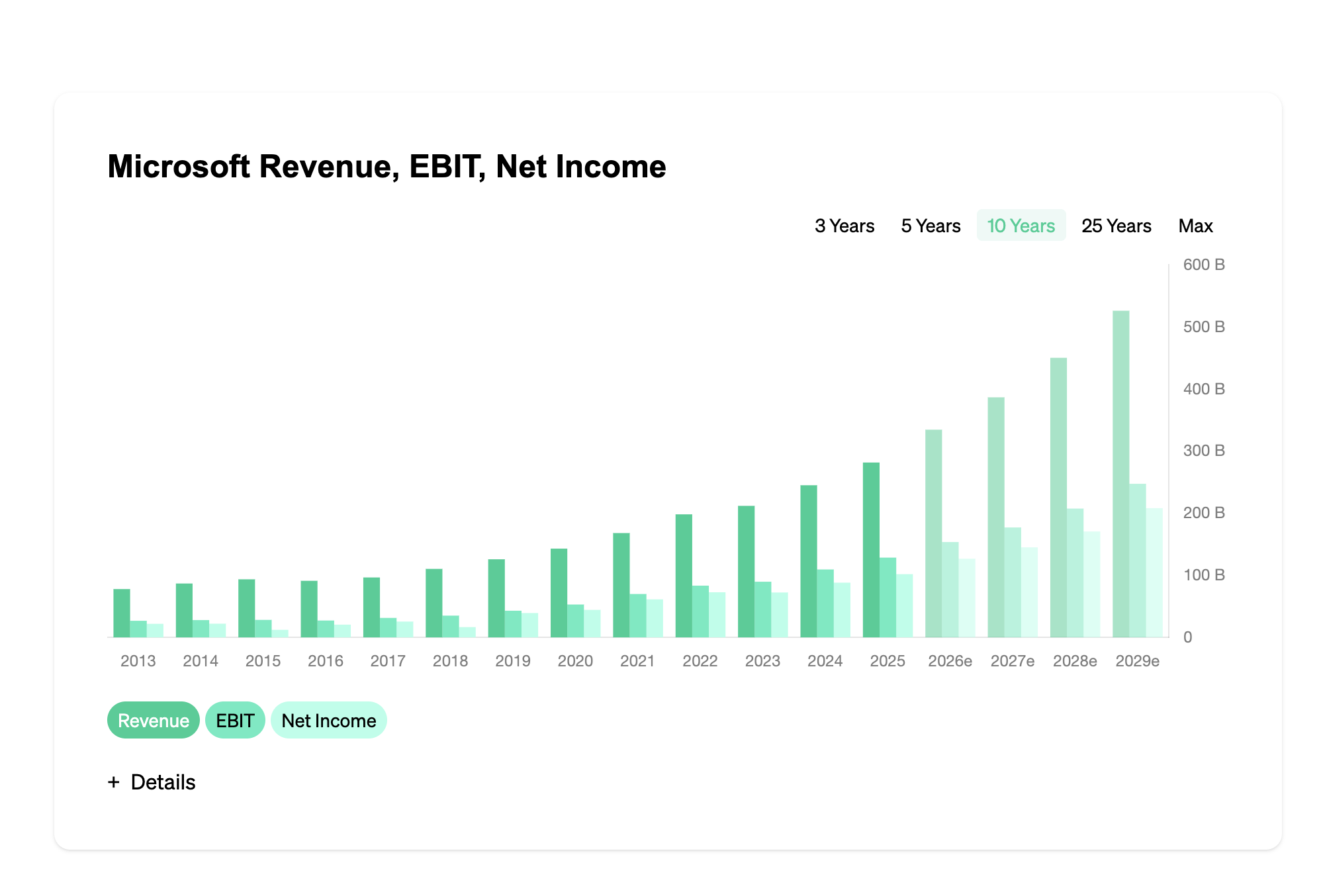Expropriation
Definition und Erklärung
TL;DR – Kurzdefinition
Zu den FAQs →Expropriation: Expropriation is a legal term referring to the act of a government seizing or confiscating private property without the consent of the owner, usually for public use or national interest. This action is authorized under the principle of eminent domain, which grants governments the power to acquire privately owned assets in exchange for fair compensation. Expropriation can occur in various forms, including direct confiscation or the imposition of regulatory measures that devalue or restrict the use of the property. Regardless of the method employed, the key characteristic of expropriation is the involuntary transfer of ownership or control, often resulting in significant financial implications for the affected party. In the context of capital markets, expropriation poses a considerable risk to investors, particularly those investing in foreign markets or industries where governments exert significant control. While expropriation is generally carried out by emerging or unstable economies, it can also occur in developed nations during times of political or economic turmoil. It is crucial for investors to carefully assess the risk of expropriation before committing their capital, as it can have a substantial impact on the viability and profitability of an investment. Expropriation often arises in sectors such as natural resources, utilities, or infrastructure, where governments may seek to assert control over key assets to further their national interests. This may involve taking over privately owned oil fields, mines, transportation networks, or other critical facilities. From a legal perspective, expropriation must comply with the principles of national and international law, which typically require the payment of fair and prompt compensation to affected parties. However, the determination of "fair" compensation can be a contentious issue, and disputes over valuation and compensation terms are not uncommon. To mitigate the risk of expropriation, investors can undertake comprehensive due diligence and carefully evaluate the political and regulatory environment of the target investment. This assessment may include an analysis of historical expropriation instances, the legal framework surrounding property rights, the stability of the local government, and any bilateral investment treaties or international agreements in place to protect foreign investors. In conclusion, expropriation represents a significant risk for investors, particularly those participating in capital markets characterized by political volatility or government interventions. A solid understanding of expropriation, its potential consequences, and the appropriate risk mitigation strategies is crucial for any investor seeking sustainable returns in an ever-changing global investment landscape. Eulerpool.com is dedicated to providing comprehensive and up-to-date information on a wide range of financial topics, including this glossary, to empower investors with the knowledge required to make informed investment decisions.
Ausführliche Definition
Häufig gestellte Fragen zu Expropriation
Was bedeutet Expropriation?
Expropriation is a legal term referring to the act of a government seizing or confiscating private property without the consent of the owner, usually for public use or national interest. This action is authorized under the principle of eminent domain, which grants governments the power to acquire privately owned assets in exchange for fair compensation.
Wie wird Expropriation beim Investieren verwendet?
„Expropriation“ hilft dabei, Informationen einzuordnen und Entscheidungen an der Börse besser zu verstehen. Wichtig ist immer der Kontext (Branche, Marktphase, Vergleichswerte).
Woran erkenne ich Expropriation in der Praxis?
Achte darauf, wo der Begriff in Unternehmensberichten, Kennzahlen oder Nachrichten auftaucht. In der Regel wird „Expropriation“ genutzt, um Entwicklungen zu beschreiben oder Größen vergleichbar zu machen.
Welche typischen Fehler gibt es bei Expropriation?
Häufige Fehler sind: falscher Vergleich (Äpfel mit Birnen), isolierte Betrachtung ohne Kontext und das Überinterpretieren einzelner Werte. Nutze „Expropriation“ zusammen mit weiteren Kennzahlen/Infos.
Welche Begriffe sind eng verwandt mit Expropriation?
Ähnliche Begriffe findest du weiter unten unter „Leserfavoriten“ bzw. verwandten Einträgen. Diese helfen, „Expropriation“ besser abzugrenzen und im Gesamtbild zu verstehen.
Læserfavoritter i Eulerpool Børsleksikon
Kontrollstruktur
Kontrollstruktur – Definition und Bedeutung im Finanzwesen Die Kontrollstruktur ist ein grundlegender Begriff im Bereich des Kapitalmarktes und bezieht sich auf die Art und Weise, wie ein Unternehmen organisiert und kontrolliert...
Verrat von Geheimnissen
Der Begriff "Verrat von Geheimnissen" bezieht sich auf eine rechtswidrige Handlung, bei der eine Person vertrauliche oder proprietäre Informationen an Dritte weitergibt, ohne hierzu befugt zu sein. Im Bereich der...
Folgeverträge
Folgeverträge sind Verträge, die in der Welt der Kapitalmärkte eine entscheidende Rolle spielen. Diese Verträge, die auch als „nachfolgende Verträge“ bezeichnet werden, beziehen sich auf Vereinbarungen zwischen zwei oder mehr...
Client/Server-Architektur
Die Client/Server-Architektur ist ein grundlegendes Konzept in der informatischen Kommunikation, das es ermöglicht, Dienste auf einem Computernetzwerk zu verteilen. Bei dieser Architektur handelt es sich um ein Modell, bei dem...
WFP
Definition of "WFP" in German: Das Kürzel "WFP" steht für "World Food Programme" oder zu Deutsch "Welternährungsprogramm". Das WFP ist eine spezialisierte Agentur der Vereinten Nationen, die sich auf die Bekämpfung...
Laufbilder
"Laufbilder" ist ein Begriff, der im Zusammenhang mit der technischen Analyse im Bereich des Kapitalmarktes verwendet wird. In dieser Disziplin dienen Laufbilder dazu, historische Preisbewegungen eines Wertpapiers grafisch darzustellen und...
Dokumente
Dokumente sind essentielle Bestandteile im Kapitalmarkt, die Informationen und Rechtsverbindlichkeiten vermitteln. Insbesondere in den Bereichen Aktien, Kredite, Anleihen, Geldmärkte und Kryptowährungen stellen Dokumente eine unverzichtbare Grundlage für Investoren dar, um...
Frühaufklärung
Frühaufklärung - Definition und Bedeutung im Kapitalmarkt Frühaufklärung, auch bekannt als Early Warning, ist ein wichtiger Begriff im Bereich des Risikomanagements und der Überwachung von Geschäftstätigkeiten im Kapitalmarkt. Insbesondere im Hinblick...
Käufertypologie
Die Käufertypologie bezieht sich auf die Segmentierung von Investoren in den Kapitalmärkten basierend auf ihren unterschiedlichen Verhaltensmustern, Präferenzen und Motivationen beim Kauf von Wertpapieren. Diese Segmentierung ermöglicht es uns, die...
Warenbörse
Die Warenbörse, auch als Rohstoffbörse oder Güterbörse bezeichnet, ist ein wichtiger Bestandteil der globalen Handelslandschaft für Rohstoffe und Waren. Sie stellt einen physischen oder virtuellen Marktplatz dar, auf dem Investoren...









